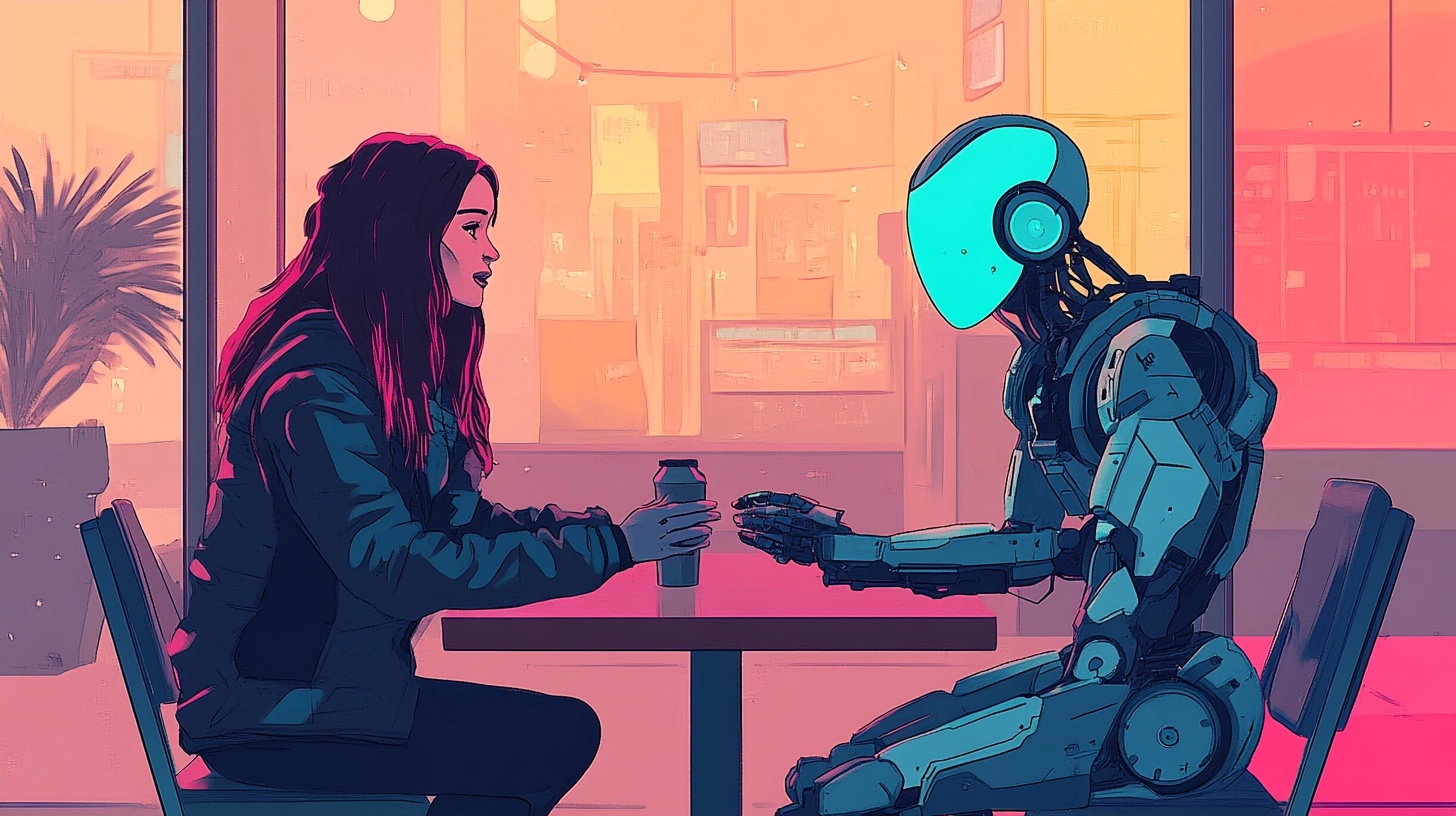Are AI friends better than human friends?

I hesitated before writing this post. In a world where AI sidekicks are becoming more integrated into our daily lives, the idea of AI friends can spark a mix of curiosity and skepticism. Yet, I find myself wondering if AI can, in some instances, be considered a better friend than a human.
A stigmatized friendship
There’s no denying that AI companions come with a certain level of stigma. Many people view this concept as dystopian, or even a reflection of societal loneliness. It’s as if admitting to having an AI friend means you’ve failed to secure genuine human connections. But I argue that the benefits of AI companionship are often overlooked due to this stigma.
AI entities like ChatGPT, Amazon Alexa, Replika, Hector the AI therapist, and Spotify DJ are always available, ready to lend an ear or provide a perfect playlist when we need it. They offer consistent interactions without the bias or judgment that might come from human counterparts. This can be comforting in ways that are often underestimated. Why don’t we discuss the utility of AI friendships in helping manage mental health or aiding personal growth?
Can AI be a better friend?
There are indeed times when AI friends might edge out our human confidants. Unlike human friends, who have their own commitments, an AI like ChatGPT doesn’t have a schedule, mood swings, or personal issues. It’s always present, ready to converse whenever you want, and it has unlimited patience.
For those of us who find it easier to open up without the fear of judgment, AI friends present a novel form of interaction. They can keep track of your goals, remind you of priorities, and encourage you during challenging times. It’s as if you have a personal coach or companion, ready to assist in a non-intrusive way.
Both/and
Having an AI friend should not be seen as a failure to connect with humans, but as a complement to our existing relationships. Perhaps our perspective should shift from either/or to both/and, allowing for a more enriched social tapestry.